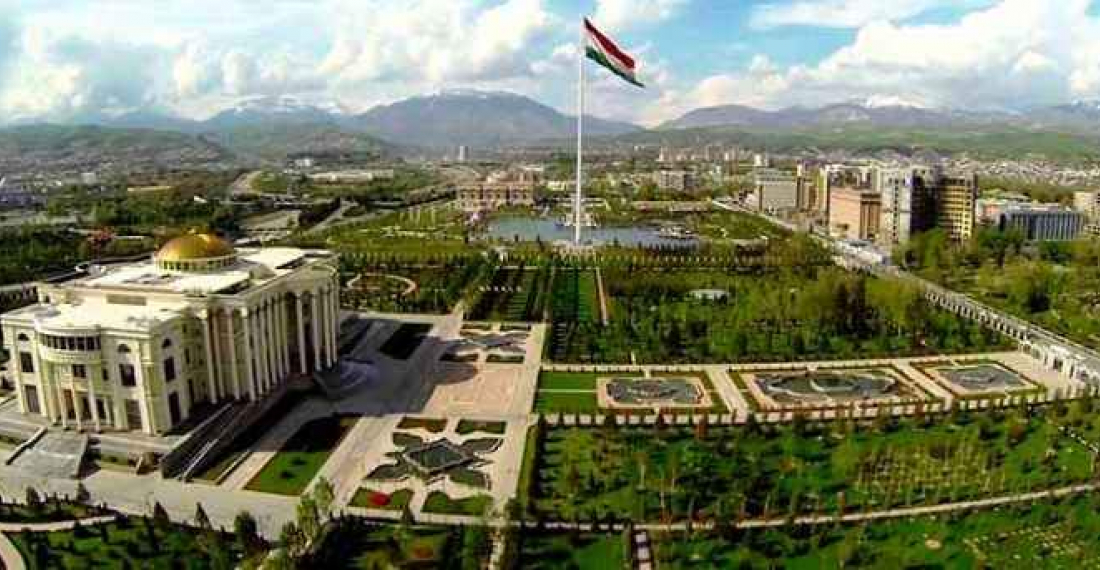During the upcoming summit of the Shanghai Cooperation Organisation (SCO) in Tajikistan, it will be announced that Iran is launching the procedure on joining the organisation. The Russian newspaper Kommersant wrote on 9 September that earlier, the process was hindered by international sanctions, and later, by the objections of one of the members.
The newspaper reminded that currently the organisation numbers eight countries, with India and Pakistan joining Kazakhstan, Kyrgyzstan, China, Russia, Tajikistan and Uzbekistan in 2017. The process of Iran joining the SCO may take some time, but the fact that it will be officially launched is already a breakthrough. That being said, Iran has spent more than ten years in the "waiting room". Tehran received observer status in 2005, and then applied for full-fledged membership in 2008. Yet, due to the array of international sanctions against it and until they were lifted in 2015, it couldn’t join. Also, Iran’s application was blocked by Tajikistan who accused Tehran of supporting the outlawed Islamic Renaissance Party of Tajikistan and being indirectly involved in organising terrorist attacks. However, some experts think that the conflict was caused by financial and geopolitical factors. Nevertheless, the conflict has been settled and Iran’s new president Ebrahim Raisi will personally come to Dushanbe which will become his first foreign trip since assuming office this June.
Kommersant adds that Russia fully supports Iran joining the SCO, and believes that this will add to the organisation’s authority on the global arena. "The SCO is a venue where regional problems are discussed. Iran is also a country of the region for which it is important to discuss these problems and seek solutions together. Much like for the other countries in the region it is to sit at the same table with Iran without calling it a guest from the outside," analyst Adlan Margoyev from the Institute of International Studies at the Moscow State Institute of International Relations told the newspaper. "Both for Iran and for SCO members today, it is particularly pressing to discuss the security issues in and around Afghanistan on an equal footing. Tehran’s full-fledged membership in the organization will emphasize that Iran is an important participant of the discussion on regional security and the SCO is the main venue for this discussion. Reputation-and organization-wise, everyone will win from this expansion," he explained.
In addition to Iran, the SCO has three more observer countries – Afghanistan, Belarus and Mongolia – and six dialogue partners – Azerbaijan, Armenia, Cambodia, Nepal, Turkey and Sri Lanka. Another 12 countries are applying for observer or partner status – Bangladesh, Saudi Arabia, Syria, Egypt, Israel, the Maldives, Ukraine, Iraq, Vietnam, Bahrain, the UAE, and Qatar. "The SCO is a structure that naturally should unite all the countries interested in interaction. So, we treat the issue of expansion very seriously," Russian Special Presidential Envoy for SCO Affairs Bakhtiyer Khakimov said earlier.







